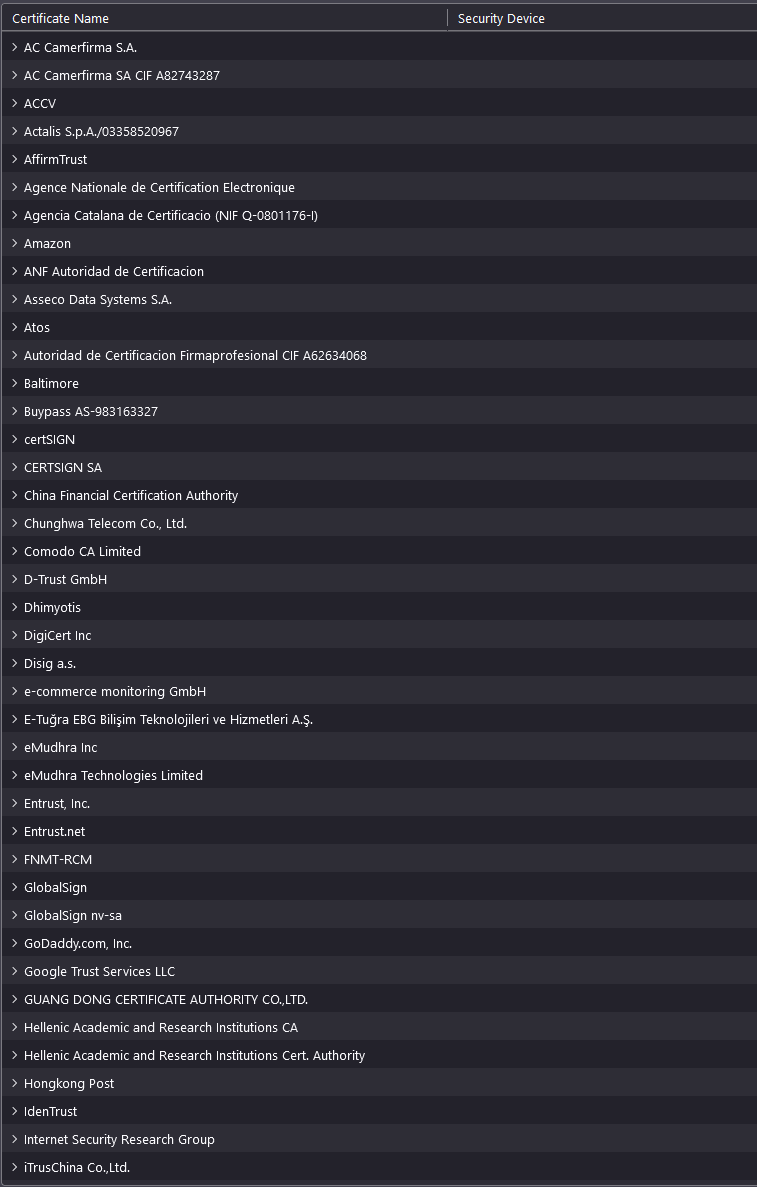Privacy
1452 readers
81 users here now
Icon base by Lorc under CC BY 3.0 with modifications to add a gradient
founded 2 years ago
MODERATORS
76
77
78
79
80
81
129
Genetic testing giant 23andMe is reportedly turning the blame back on its customers for its recent data breach
(www.businessinsider.com)
82
83
84
85
52
86
87
88
89
171
90
91
92
93
94
95
96
97
98
99
100
